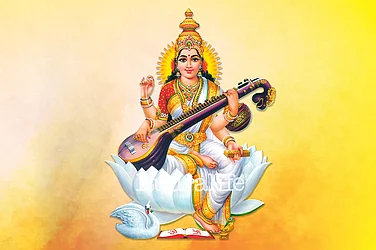The name Krishna immediately brings to mind an image of a flute-playing divine being, full of charm and mischief, wisdom and love. But Krishna is not just a name. It is a doorway to a world filled with stories, philosophies, emotions and devotion. Across centuries, people have called Krishna by many names, each capturing a unique aspect of his personality and divinity.
In Indian scriptures, mythology, songs and daily prayers, Krishna’s names are used to invoke different emotions like love, surrender, protection, joy and sometimes even mischief. Each name is like a mirror reflecting a different shade of who Krishna is. Let’s explore some of the most popular and meaningful names of Krishna and what they represent.
1. Govinda
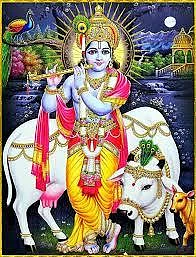
The name Govinda holds a special place in the hearts of devotees. It translates to “Protector of Cows” or “He who gives pleasure to the senses.” In his youth, Krishna spent most of his time among the cowherds of Vrindavan, tending to the cows and playing his flute. But beyond the literal sense, Govinda also means “one who governs or enlightens the senses,” signifying Krishna’s role in guiding people away from material attachments toward spiritual awareness. The name is often lovingly chanted in bhajans and kirtans, evoking the gentle and caring side of Krishna.
2. Gopal
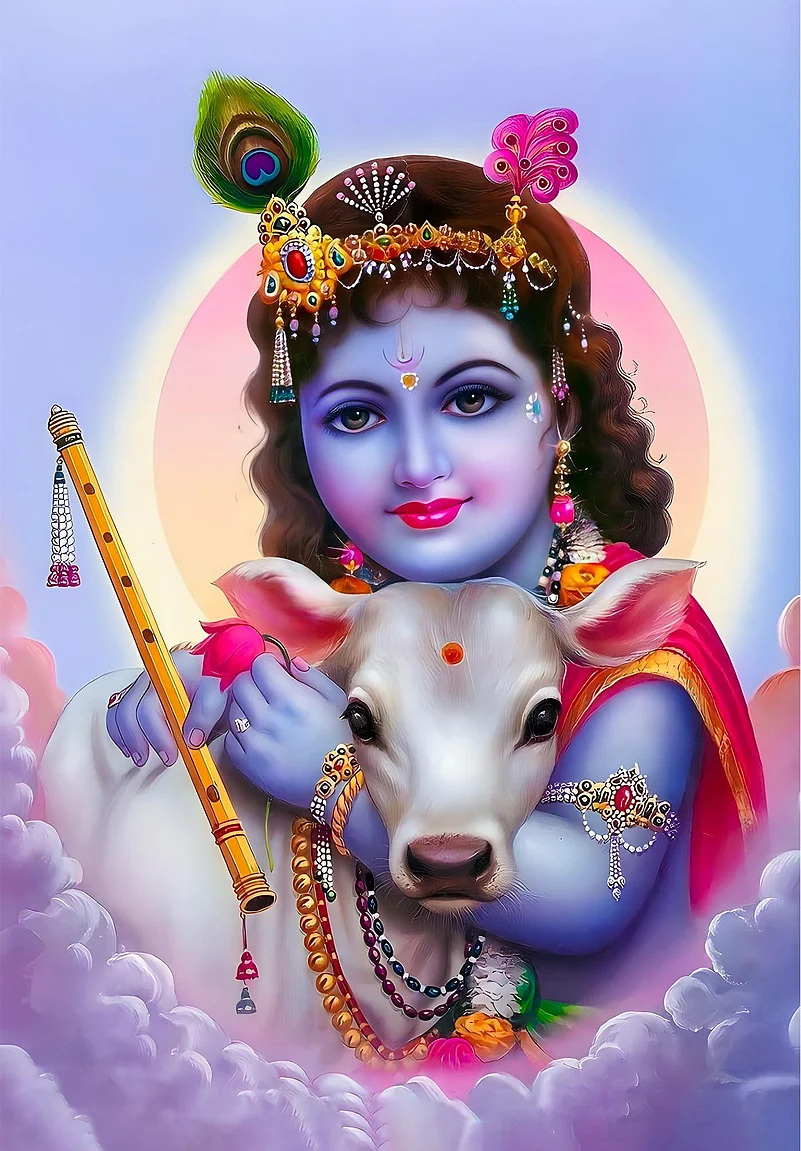
Gopal is a name filled with innocence and joy. It is often used to refer to Krishna during his childhood days. Gopal means “cow protector” but the name is much more than that it represents the playful child who stole butter, charmed the gopis, and made everyone around him laugh. When devotees call Krishna “Gopal,” they are not only remembering his childhood form but also celebrating the simplicity of pure, unconditional love. This name reminds us of the beauty in childlike wonder, joy, and the carefree spirit of devotion.
3. Murlidhar
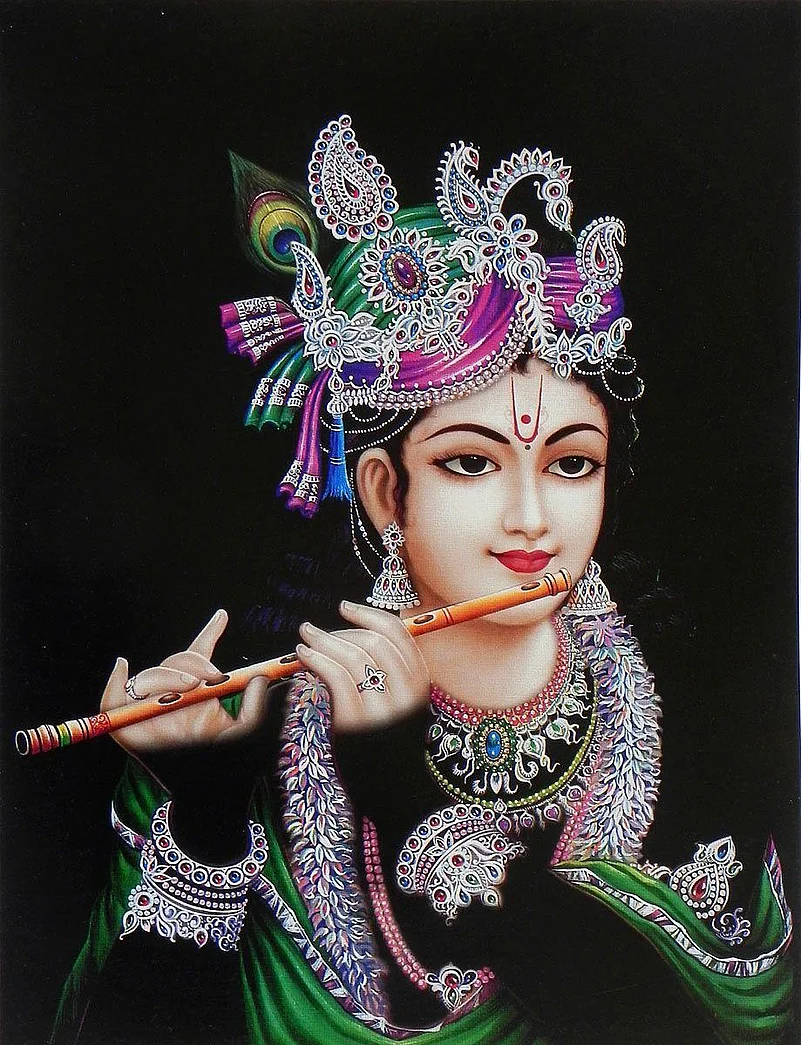
Murlidhar means “the bearer of the flute.” This name instantly brings to mind the enchanting image of Krishna standing under a tree, playing his flute, lost in divine melody. The sound of Krishna’s flute is said to awaken the soul and pull it toward God, symbolizing the call of the divine that lies deep within every heart. As Murlidhar, Krishna becomes a musician of love and longing, playing notes that stir both joy and spiritual yearning. The flute also represents an empty heart, hollow and silent until Krishna fills it with his breath.
4. Madhusudan
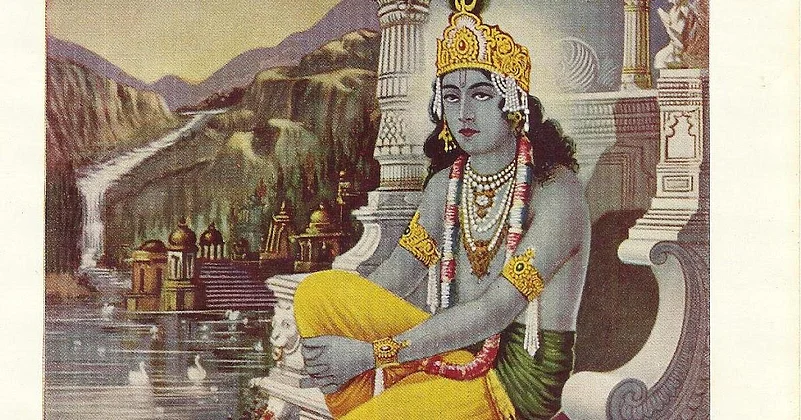
This name refers to Krishna as the “slayer of the demon Madhu.” In the stories from the Puranas, the demon Madhu represents ego, ignorance, and darkness. By defeating him, Krishna is seen as the destroyer of negativity and evil tendencies within and around us. Calling Krishna by the name Madhusudan is a way of asking him for strength, protection, and clarity — a prayer to overcome personal demons and worldly challenges. It reminds us that while Krishna is sweet and loving, he is also strong and fearless when it comes to protecting dharma.
5. Keshava
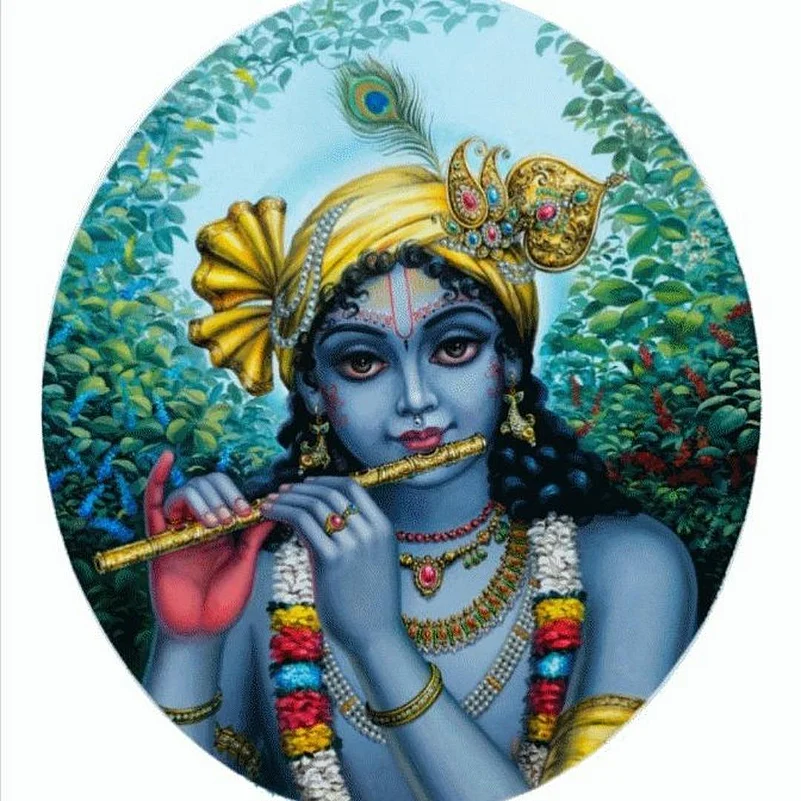
The name Keshava has multiple meanings. In one sense, it means “one with beautiful, flowing hair.” But it also signifies Krishna’s victory over the demon Keshi, a monstrous horse-like creature sent to kill him. In spiritual texts, the name Keshava is often used to address Krishna in a more formal or divine way. It is commonly found in shlokas and mantras, such as in the Vishnu Sahasranama. The name reflects Krishna’s grace, power, and divinity all at once. It is a name that balances the physical beauty of Krishna with his heroic strength.
6. Vasudeva
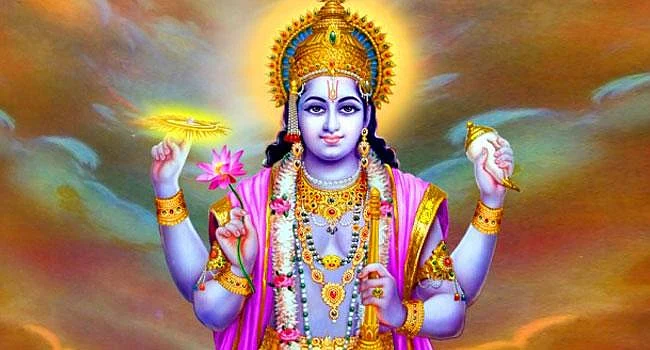
This name recognizes Krishna as the son of Vasudeva, his earthly father. But Vasudeva also means “the indwelling spirit” or “one who lives in all beings.” This dual meaning makes the name deeply spiritual. In the Bhagavad Gita, Krishna speaks not just as a guide to Arjuna, but as Vasudeva, the eternal divine consciousness present in all life. Calling Krishna Vasudeva is a way to acknowledge his universal form, reminding us that God resides not just in temples but within our hearts, thoughts, and actions.
7. Shyam
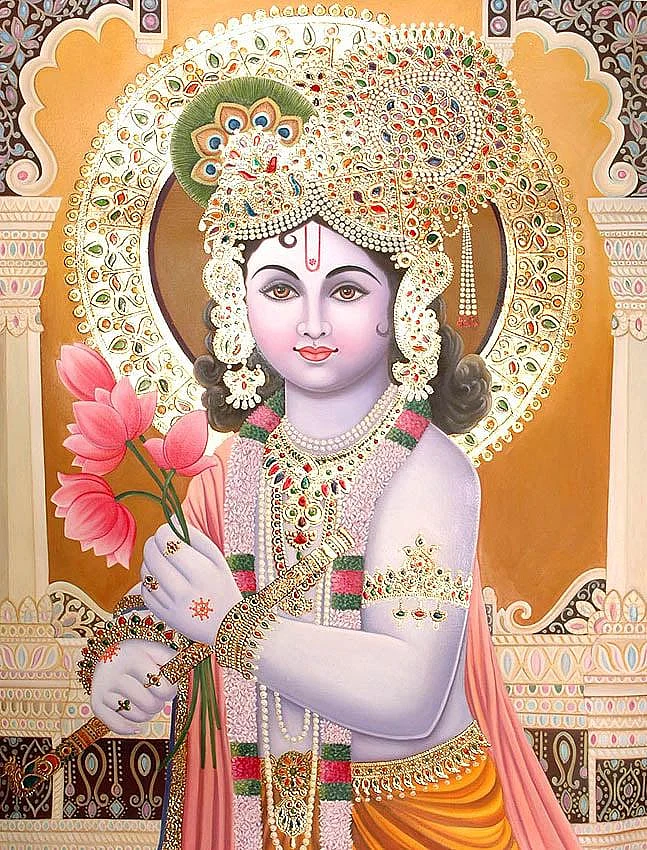
Shyam literally means “dark” or “dusky,” referring to Krishna’s deep blue or dark complexion. His skin is described as being the color of a rain-filled cloud lkke mysterious, soothing, and full of life. This name emphasizes Krishna’s beauty and magnetism, often used in poems and songs written by saints like Mirabai and Surdas. Shyam also suggests something beyond the surface, inviting us to look deeper and feel the divine presence hidden in the everyday. It speaks to the idea that true beauty lies in depth, not in appearance.
8. Hari
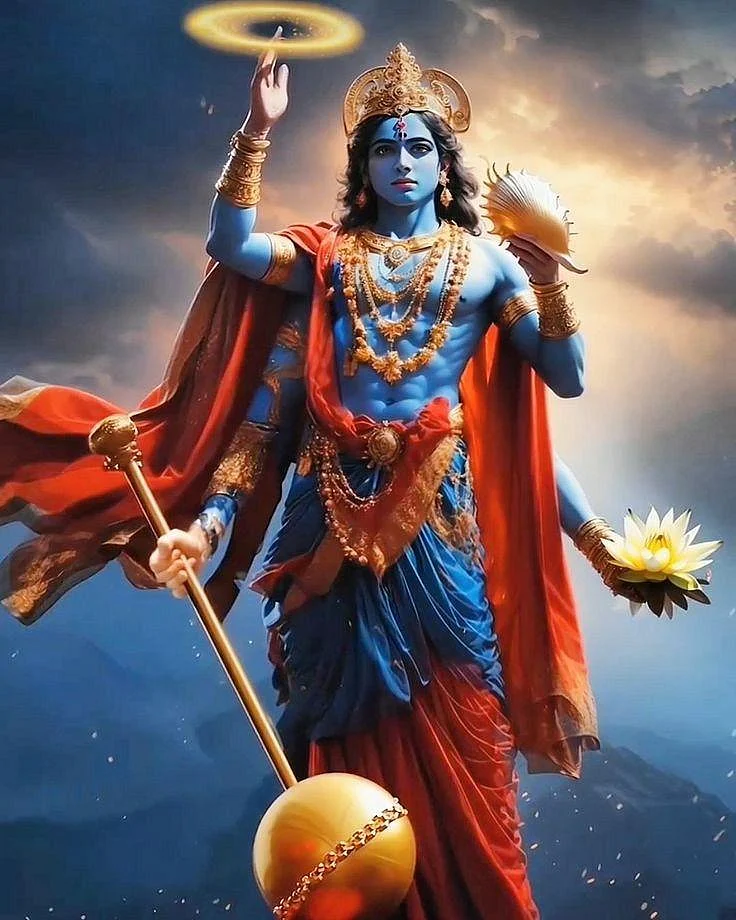
One of the oldest and most frequently chanted names, Hari means “the remover,” one who takes away pain, fear, and material attachments. In devotional traditions, Hari is invoked when seeking refuge from life’s troubles or when one desires spiritual liberation. The name Hari is soft yet powerful, simple yet filled with spiritual significance. It is said that chanting the name Hari brings peace to the heart and clears the mind, making it ready for divine love. It’s a name that connects deeply with the soul’s desire to be free and at peace.













